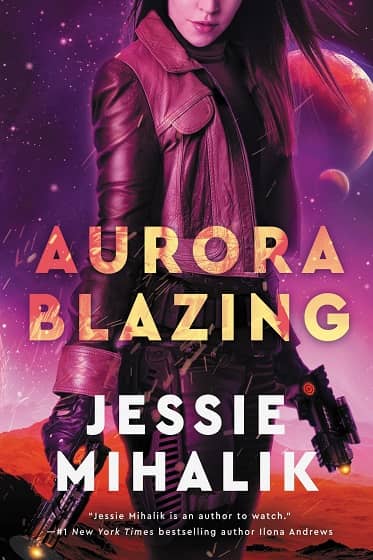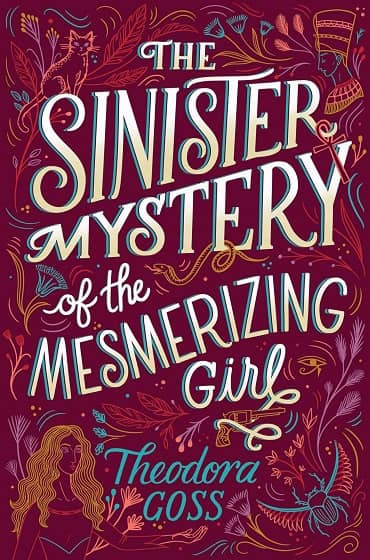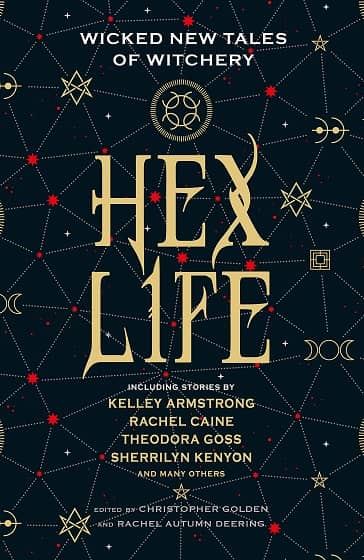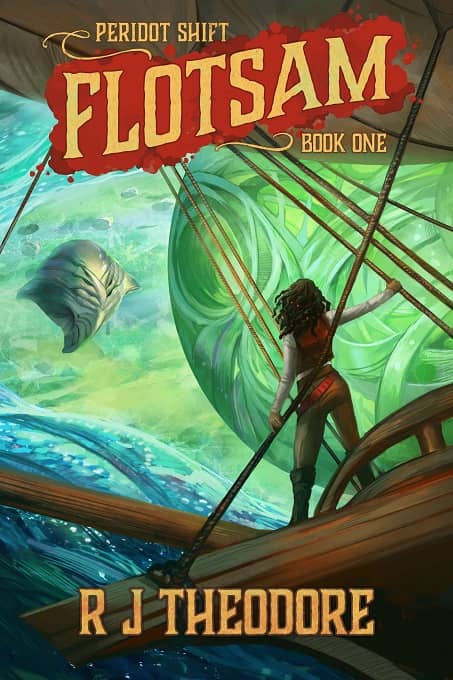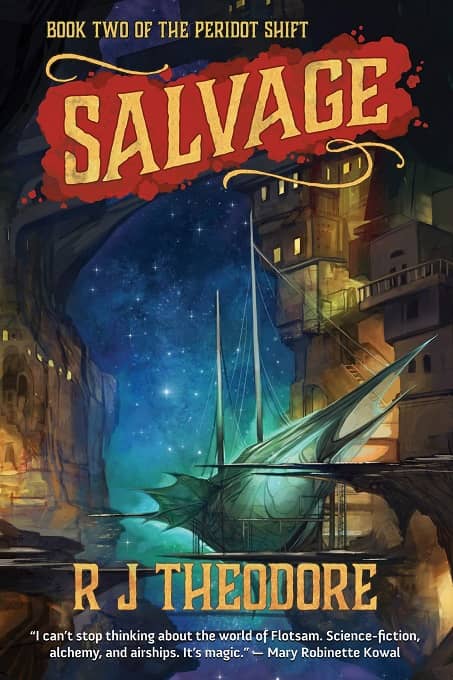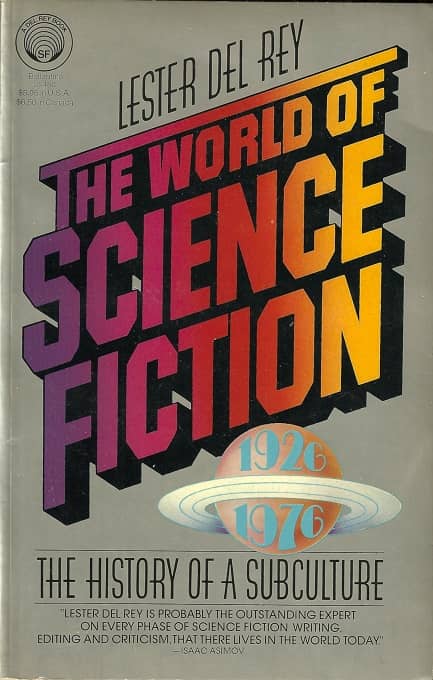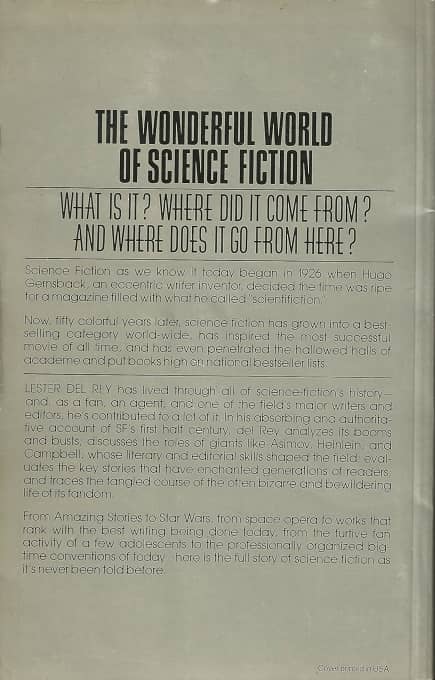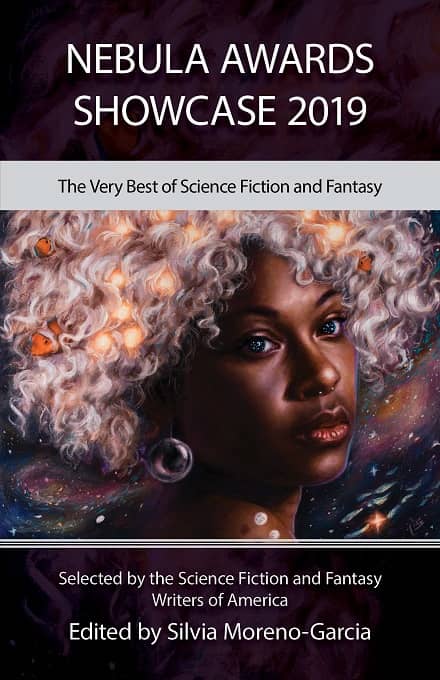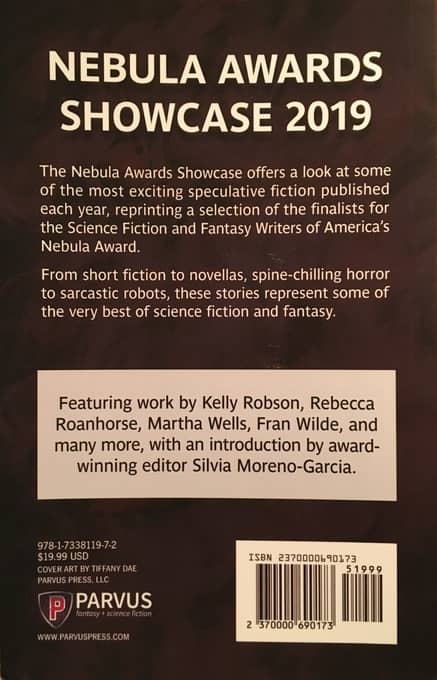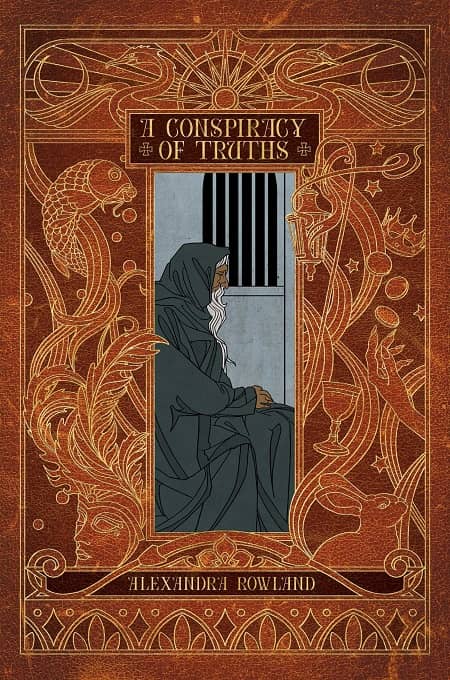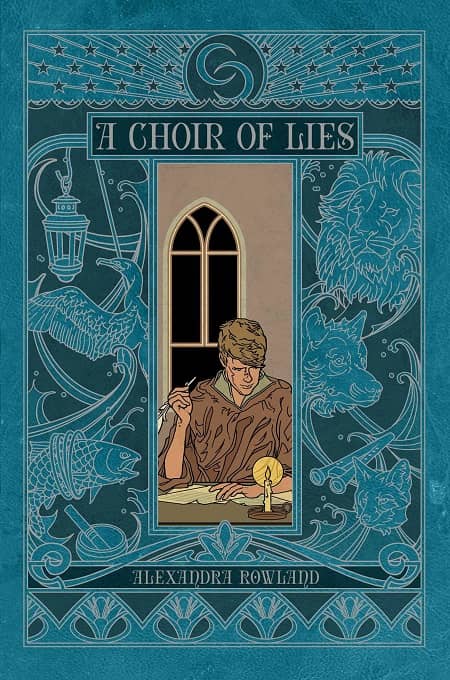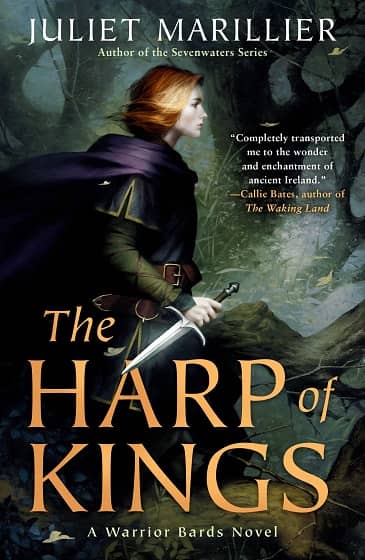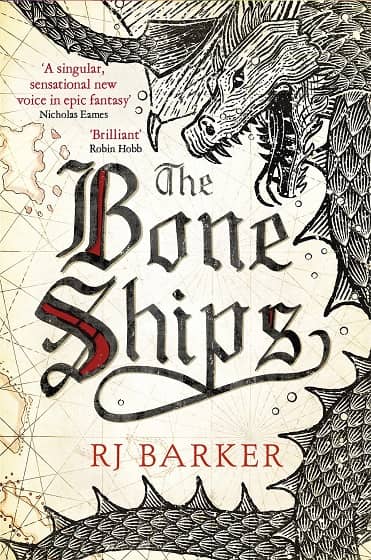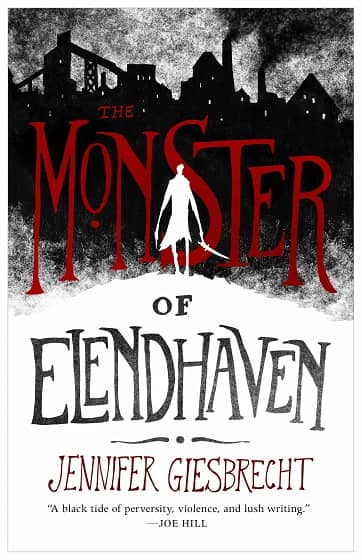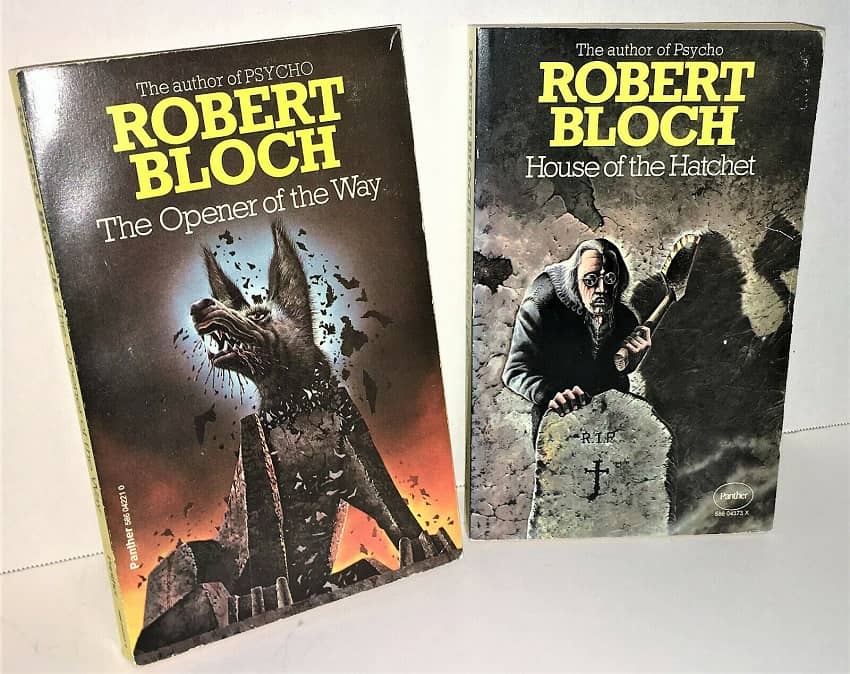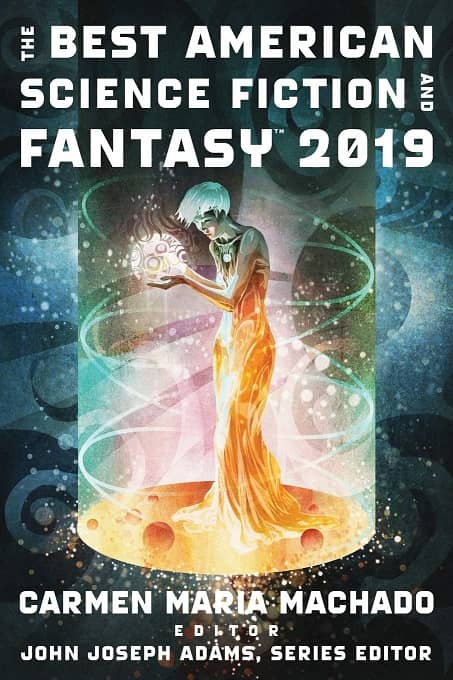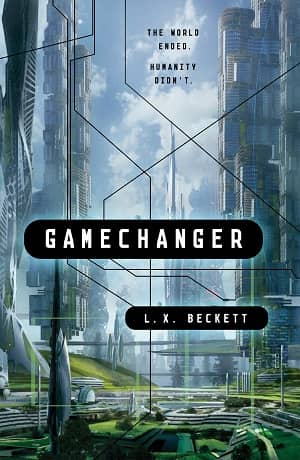Future Treasures: Soon by Lois Murphy
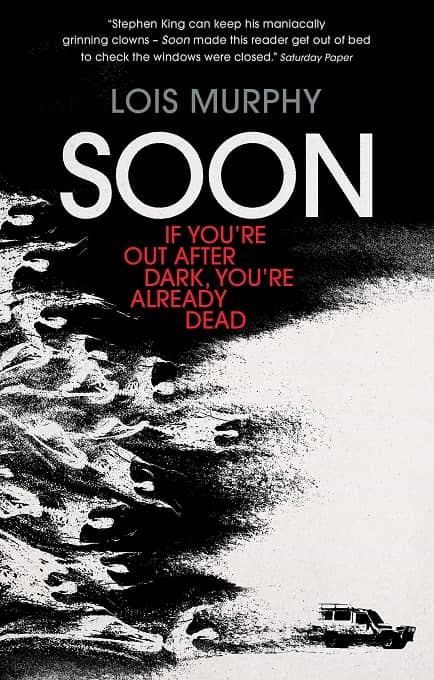 |
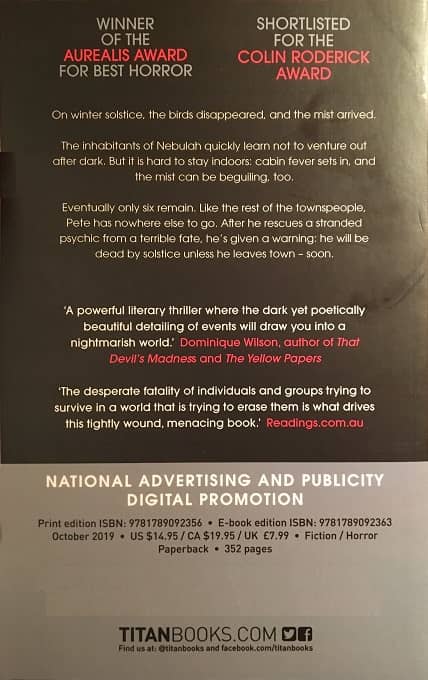 |
It’s October, and you know what that means. Spooky book season! Now, I like to read spooky books all year round, but there’s something about October that makes it almost mandatory.
This year I’m kicking it off with Soon, the debut novel from Lois Murphy, about the last six survivors in a very haunted town. There’s been plenty of good press about it, but I confess what sealed the deal for me was Joanne P’s Booklover review of the original Australian edition.
An almost deserted town in the middle of nowhere, Nebulah’s days of mining and farming prosperity – if they ever truly existed – are long gone…. One winter solstice the birds disappear. A strange, residual and mysterious mist arrives….
Partly inspired by the true story of Wittenoom, the ill-fated West Australian asbestos town, Soon is the story of the death of a haunted town, and the plight of the people who either won’t or simply can’t abandon all they have ever had. With finely wrought characters and brilliant storytelling, it is a taut and original novel, where the people we come to know and those who are drawn to the town’s intrigue must ultimately fight for survival…. An utterly gripping debut novel… Despite containing fantastical story elements, Soon feels uncommonly gritty and grounded. Murphy’s character development and evocation of both the natural environment and small town setting is first class — a reader cannot help but become invested in their plight.
The sense of foreboding is at times gut wrenching. Soon is an edge of your seat, page-turning read — the experience similar to the very best genre thrillers — yet it features some of the most artful prose and thought-provoking passages I have read this year.
Soon will be published by Titan Books on October 15, 2019. It is 336 pages, priced at $14.95 in trade paperback and $7.99 in digital.
See all our recent coverage of the best upcoming fantasy and science fiction here.
